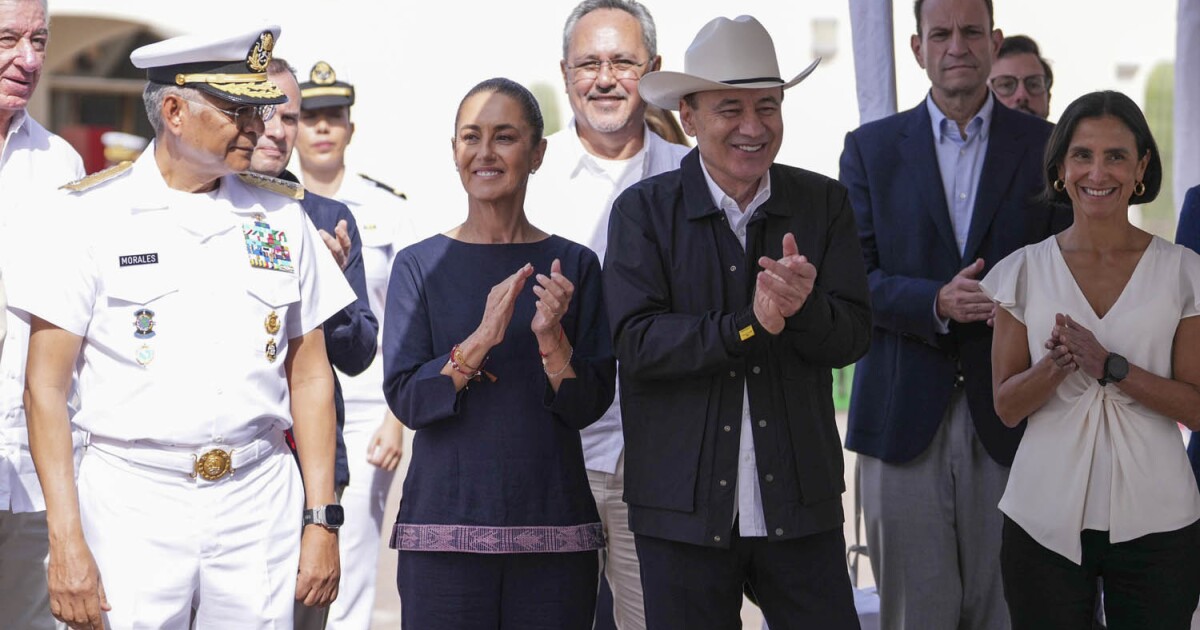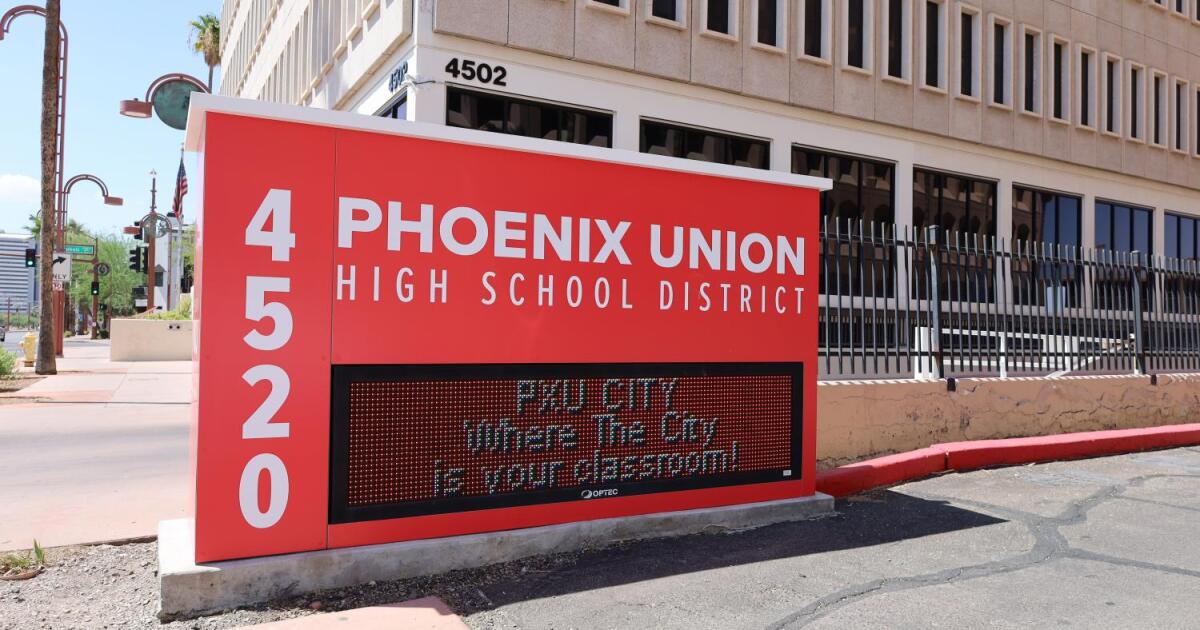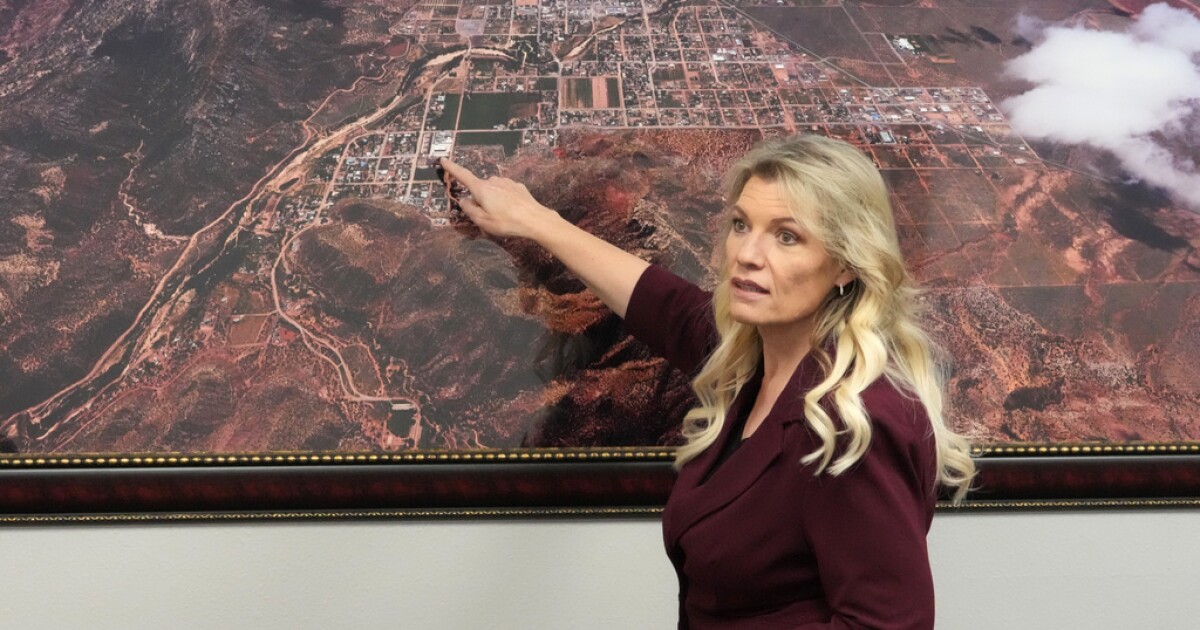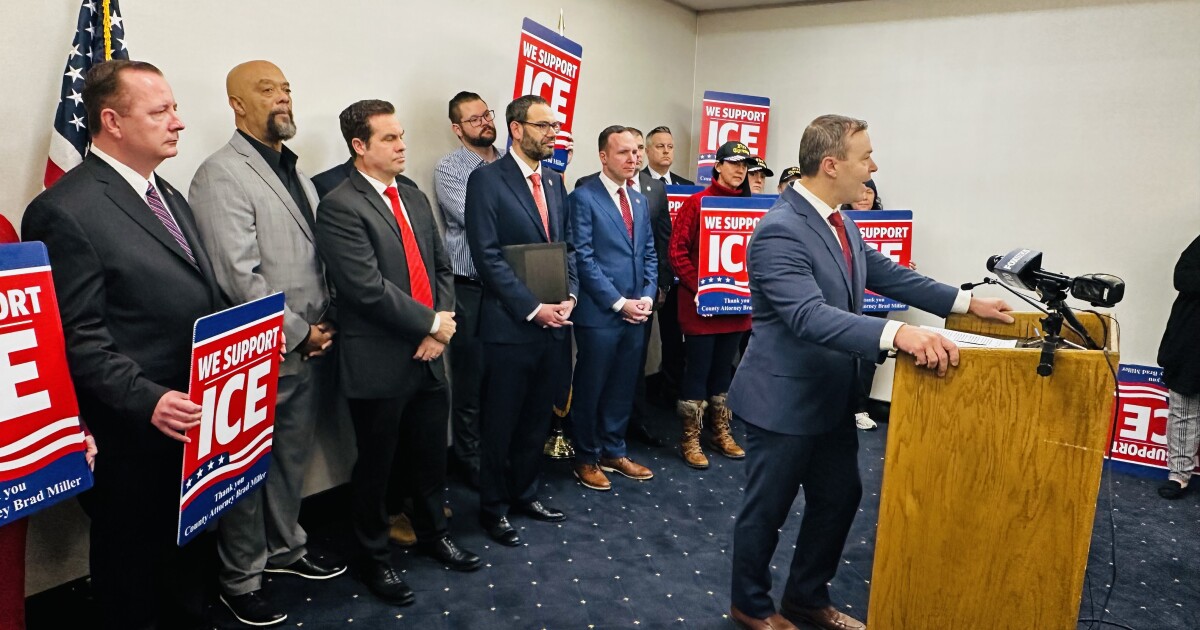Funding Freeze Puts USAID-Funded University Labs in Jeopardy
The future of key research initiatives at U.S. universities is uncertain as the Trump administration evaluates the continuation of the U.S. Agency for International Development (USAID). Since President Donald Trump took office, the agency that promotes humanitarian efforts globally has faced significant changes, impacting research projects at institutions like Michigan State University (MSU).
Michigan State University hosts the Innovation Lab for Legume Systems Research and the Innovation Lab for Food Security Policy Research, both of which rely on USAID funding. These labs are part of the Feed the Future initiative aimed at combating global hunger. A total of 15 other U.S.-based labs focused on food security also depend on USAID support.
The Trump administration’s freeze on USAID funding has led to widespread legal challenges. A federal judge has mandated the temporary lifting of the freeze, with a deadline set for the administration to comply with the ruling. Despite this, USAID employees remain on leave until at least February 20, following another judicial decision.
In an effort to reassess foreign aid, the administration has paused work on certain programs, exempting only essential services like emergency food aid and military financing to allies. Secretary of State Marco Rubio, now acting as director of USAID, emphasized the necessity of ensuring that U.S. foreign spending aligns with national interests.
USAID, which recently saw its workforce reduced from 10,000 to 294 employees, might be merged into the State Department, a move that has faced considerable opposition. Critics argue that such a restructuring would violate the agency’s legislative foundation established in 1961.
Senator Chuck Schumer expressed concerns over the potential reorganization, asserting that it would require congressional approval. He highlighted the legal and national security implications of altering USAID’s structure without legislative action.
As the agency’s fate hangs in the balance, research labs at universities like MSU are adopting various strategies to cope with the financial uncertainty. David Tschirley, a professor at MSU, noted that while the funding freeze initially had minimal impact due to pre-obligated funds, the subsequent “stop work” order significantly disrupted operations.
To manage the financial strain, MSU has decided to temporarily cover essential expenses, a risk that not all institutions can afford. Tschirley stated that the university is confident that these costs will eventually be reimbursed by USAID, but if not, MSU will bear the burden.
The ongoing review of USAID funding is critical for the continuation of research that has far-reaching benefits, including enhancing global welfare and creating economic opportunities. Tschirley remains optimistic that a balanced review will recognize the value of these initiatives, allowing them to resume and continue benefiting the U.S. and its global partners.
—
Read More Michigan News










